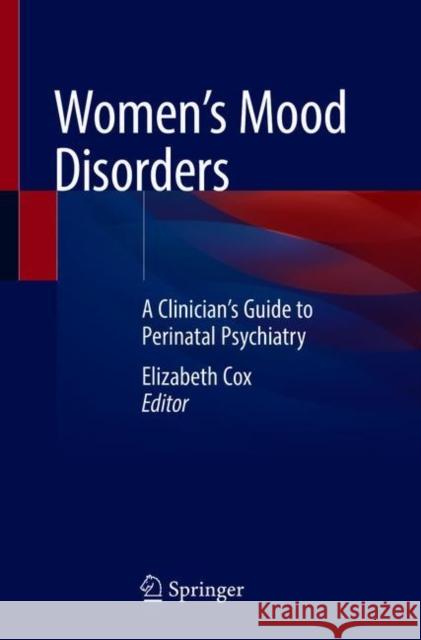Women's Mood Disorders: A Clinician's Guide to Perinatal Psychiatry » książka
topmenu
Women's Mood Disorders: A Clinician's Guide to Perinatal Psychiatry
ISBN-13: 9783030714963 / Angielski / Miękka / 2021 / 304 str.
Kategorie BISAC:
Wydawca:
Springer
Język:
Angielski
ISBN-13:
9783030714963
Rok wydania:
2021
Wydanie:
2021
Ilość stron:
304
Waga:
0.50 kg
Wymiary:
23.37 x 20.32 x 1.52
Oprawa:
Miękka
Wolumenów:
01











